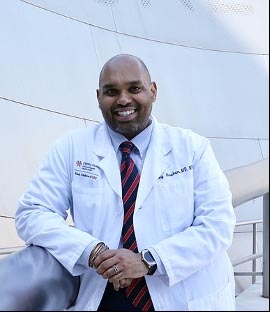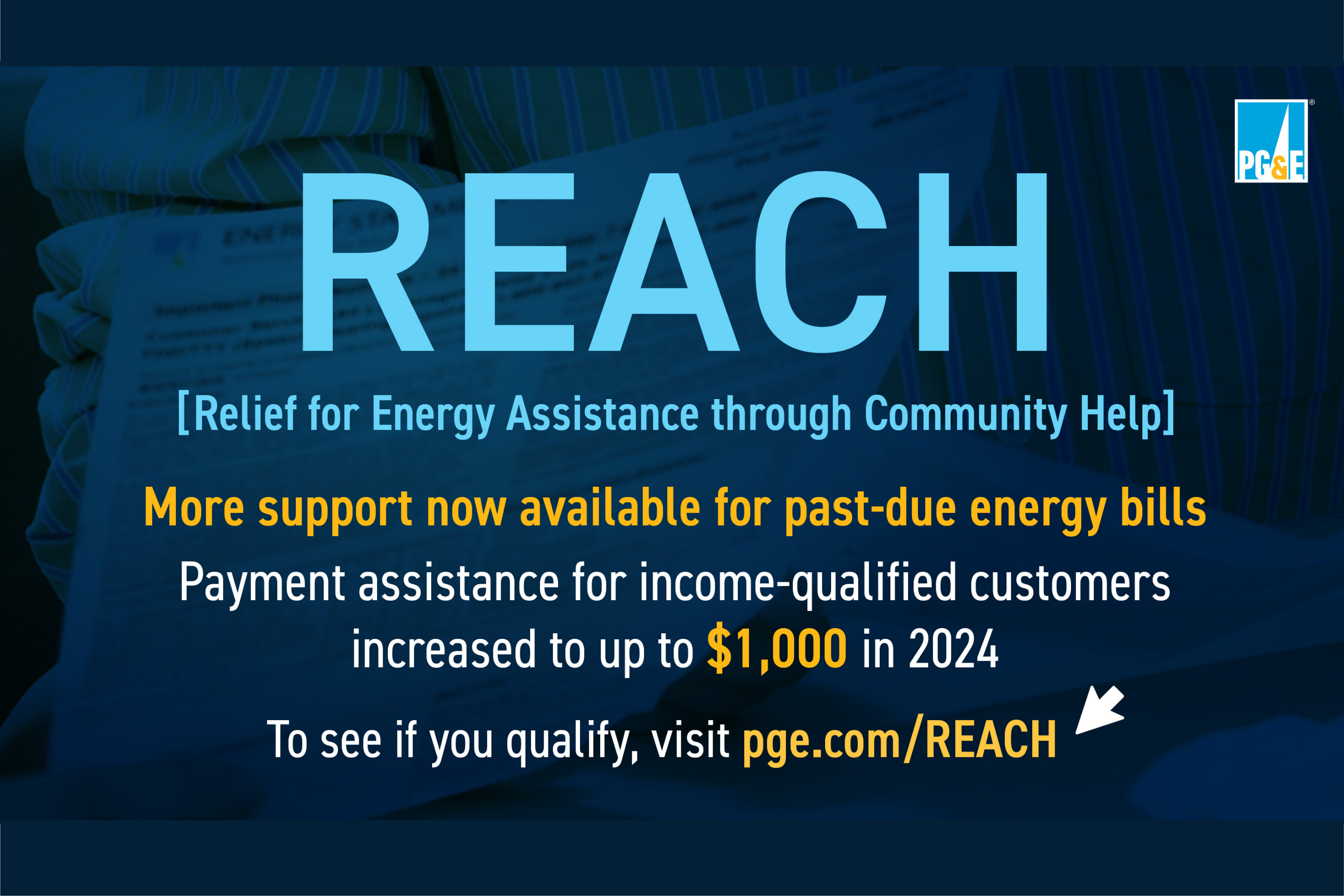
By: Dr. Jerry P. Abraham, director, Kedren Vaccines at Kedren Health in Los Angeles
California has made great strides in fighting the pandemic. The state continues to set new records, achieving test positivity under one percent as of mid-May and holding one of the lowest rates of new coronavirus cases in the nation, for the first time since testing began. But there is so much more work to do, especially in our communities of color.
Vaccinations are particularly important for communities of color that have been disproportionately impacted by COVID-19. We are about three times as likely to contract the virus and about twice as likely to die from COVID-19 compared to non-Hispanic whites. As the focus now shifts to our younger population who remain susceptible to the virus, the best way we can protect them is to get them vaccinated.
The American Academy of Pediatrics reports that as of May 2021 youth now account for 22 percent of new COVID-19 cases in the U.S., when this time last year youth cases were only around three percent. As more older people receive vaccinations, it is important to get young people vaccinated to prevent new cases from increasing, starting with our 12 to 15-year-olds.
Young people have been heroic throughout this pandemic, donning masks and putting their lives on hold, they have suffered extreme stress and isolation. Now it is their turn to join their older loved ones in getting vaccinated.
When more Californians become vaccinated, we can feel safer as restrictions are lifted and life begins to return to a sense of normalcy and to the things we love to do like church, traveling and gathering together without worry.
We understand that some parents and legal guardians may have questions. However, it is important to recognize that clinical trials have shown the Pfizer COVID-19 vaccine is safe and highly effective in protection against severe illness, hospitalization and death in those aged 12 to 15. As a result, the FDA granted emergency use of the Pfizer vaccine – the same vaccine already safely administered to millions of Californians ages 16 and older – for this next eligible age group. The Western States Scientific Safety Review workgroup convened immediately upon CDC review of the FDA’s authorization, issuing its recommendation just days later.
The science is there. Pfizer’s phase three clinical trial enrolled 2,260 adolescents 12 to 15 years of age in the United States. The researchers recorded 18 cases of symptomatic coronavirus infection in the placebo group, and none among the children who received the vaccine, indicating that it was highly effective at preventing symptomatic illness.
We also understand that there are youth who are afraid of getting the vaccine and parents and legal guardians want to know how to encourage them that this is the right thing.
Start by acknowledging that it is normal to be concerned about any kind of immunization, particularly one of this magnitude. There has been more conversation around the COVID-19 vaccine than probably any other vaccination, with an overwhelming amount of misleading information out there. Share with your child that the injection is nearly painless, side effects are minimal and that inoculation against COVID-19 is a critical step toward helping end the pandemic.
Your family doctor or nurse practitioner can also answer any questions or concerns that your child may have about the Pfizer COVID-19 vaccine with accurate, reliable and reassuring information. Additional information can be found at VaccinateALL58.com and you can visit MyTurn.ca.gov or call 833-422-4255 to schedule an appointment.
Availability will increase in the coming weeks, and the state is working closely with local health departments, schools, community partners, the faith-based community and others to provide vaccines equitably to underserved youth, including those who are experiencing homelessness or in foster care.
The bottom line is these are life-saving vaccines. This is our path to normalcy. California is ready to safely deliver vaccines to young people ages 12 and over.




